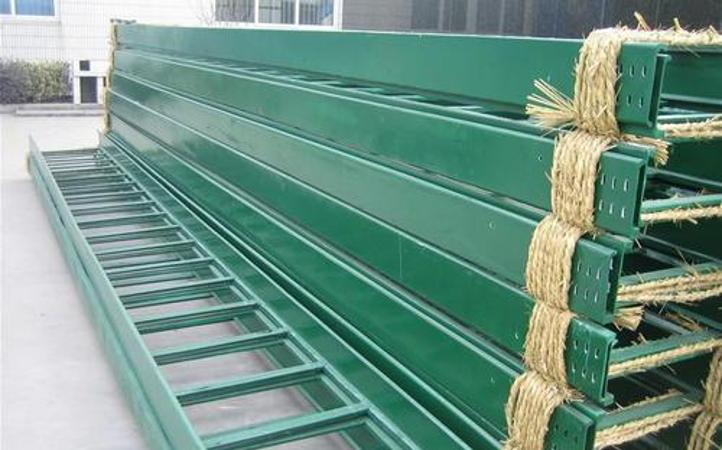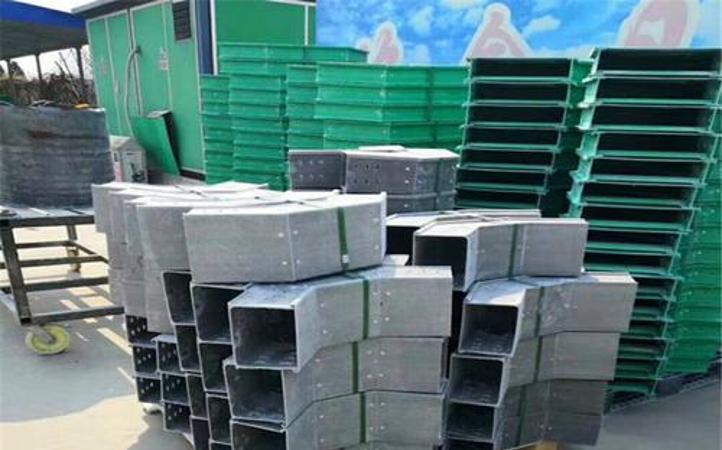
FRP pipes, also known as Fiberglass Reinforced Plastic pipes, are an essential component in many industrial processes. These pipes are designed to withstand a wide range of chemicals, temperature, and pressure, making them ideal for use in a variety of industries such as chemical processing, oil and gas, water and wastewater treatment, and many more. The production technology of FRP pipes involves a series of intricate processes to ensure they meet the necessary standards for performance and durability.
The production of FRP pipes begins with the selection of high-quality raw materials. The key components of FRP pipes include fiberglass, resin, and additives. Fiberglass provides the strength and rigidity to the pipe, while the resin acts as a binder to hold the fiberglass together. Additives are used to enhance specific properties of the pipe, such as corrosion resistance or flame retardancy. Each raw material is carefully selected and tested to ensure it meets stringent quality requirements.

Once the raw materials are selected, they are thoroughly mixed together to create a homogenous mixture. This mixture is then formed into the desired pipe shape using a process called filament winding. In this process, continuous strands of fiberglass are impregnated with resin and wound onto a rotating mandrel in a precise pattern. This creates a strong and uniform structure, giving FRP pipes their exceptional mechanical properties.
After the pipes are formed, they go through a curing process to harden the resin and ensure the structural integrity of the pipe. The curing process can take place at ambient temperature or in a heated environment, depending on the specific requirements of the pipes. Once cured, the pipes undergo rigorous quality control measures to ensure they meet industry standards for strength, chemical resistance, and dimensional accuracy.

In addition to the production of the pipes themselves, the manufacturing process also involves the production of various fittings and accessories to complement the FRP pipes. These may include flanges, elbows, tees, and connectors, which are all designed to seamlessly integrate with the pipes and provide a complete piping system for industrial applications.
Overall, the production technology of FRP pipes is a complex and precise process that requires strict adherence to quality standards and industry regulations. By carefully selecting raw materials, utilizing advanced manufacturing techniques, and implementing rigorous quality control measures, manufacturers can produce high-performance FRP pipes that meet the demanding requirements of industrial applications. As the demand for durable and corrosion-resistant piping continues to grow, the production technology of FRP pipes will continue to evolve and improve to meet the needs of various industries.

need a quote? GangLong product manager always welcome you to call back.


